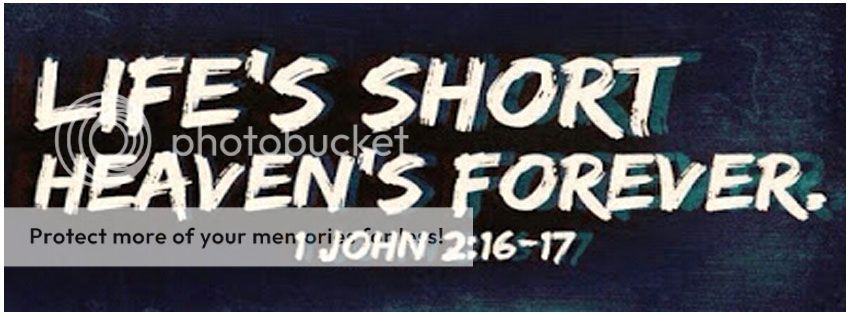Homily for Palm Sunday
Have
you ever received this answer? “Why don’t you go to Church?” “Well,
because they are all hypocrites. I know what they do on the weekends.
And some of them do it during the week. They are all sinners. I do
not want to be around sinners.” Inside I just chuckle. It is quite
possibly my favorite answer. As Christians we know that the reason we go
to Church is the same, “I am a hypocrite. I say one thing and do another.
I am a sinner. I do the things I don’t want, and don’t do the things I
ought.” Here at Church is where all the Hypocrites are welcome.
Here is where all the sinners come together. Here is where sinner and
hypocrite meet Jesus.
Throughout
the Gospels one of the complaints against Jesus is that he is seen associated
with public sinners. He eats with tax collectors, he forgives adulterers,
he drinks water with Samaritans. He surrounds himself with sinners and
hypocrites. Jesus, sinless though He was, throws himself into the midst
of sin and death. He gets his hands dirty.
He
calls fishermen, tax collectors, zealots, and Samaritans. He goes out
searching for sinners, and when they come to him, he welcomes them with open
arms. He preaches on the hilltop and in the valley. He preaches
from the boat and in the temple. He is always searching for the next soul.
He desires his message to be for all people and all time.
They
go to pray, these sinners who are blinded by their ambition, and the one who
serves them all. He prays so deeply, so immediately, so completely, that
he sweats blood, and they sleep.
Then
they come the ones who have called for his destruction. They come to
teach Him a lesson. They come in the midst of the darkness, in the shadow
of night, sinners who are hidden from the light. A sick sort of community
bonded in their desire to stay hidden. He is betrayed by an act of
intimacy. They arrest him.
The
put him on trial, and refuse to believe the signs they have seen. The
have a blood thirst, a tremendous jealousy because He knows Yahweh as “Abba,”
as father. This cannot be they cannot let it stand. They mob him
over to Pilate. This sick community has grown and become a mob, crying
for blood, shouting for retribution, demanding death. Jesus has become
the scapegoat of the society, of the entire community; everything that is wrong
with Jerusalem is His fault. They hand him over, and Pilate reluctantly
acquiesces to their demands.
He
gave health and healing to those who asked, and they gave him a cross to bear.
They nail him to the cross in the midst of sinners, one on His right and the
other on His left. In the midst of their dying, one of them joins the
mob, “Can you not save yourself and us besides?” The other asks for
forgiveness, clemency, and union. He saves the repentant thief. He
saves the hypocrite who recognizes his hypocrisy. He breathes His last,
and the Pagan recognizes His innocence.
As in
life, so in death, he sought the company and companionship of Sinners.
Anyone passing by would assume that he was the worst of the sinners as he was
in the middle. Pilate labels him for ridicule, “This is the King of the
Jews.” Yes, He is. He is our King, not because He has the power,
not because he is the great judge. He is our king because God has become
man. He is one of us too. He came to be in solidarity with the
sinner. He came in self-emptying compassion. He came to save us.
He came in the midst of sin and death and conquered. We stand at the foot
of the cross and proclaim. This one is our King. We order our lives
around Him. He makes all within us right, when He is the center.
This crucified and broken man is our King. How happy I am to be a
hypocrite that he would sit with me.






No comments:
Post a Comment